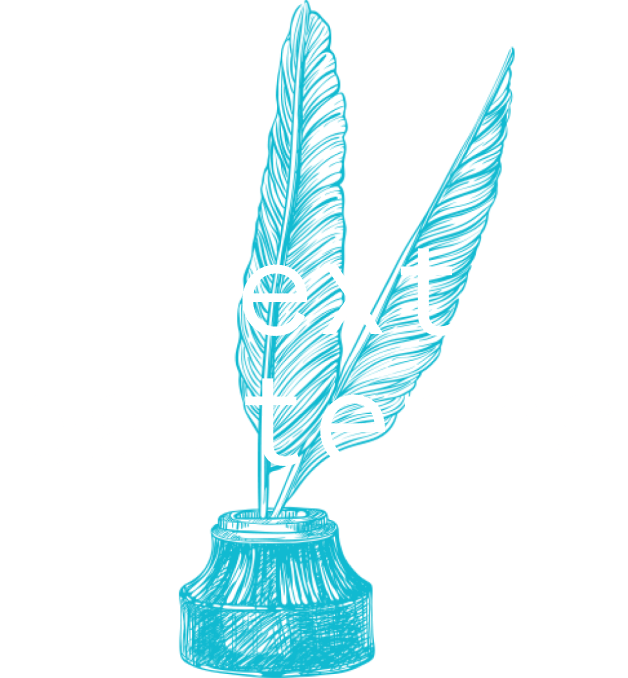May 25, 2010
simpler = privater?
Technology Review: “On stage this morning at TechCrunch Disrupt in New York City, Facebook vice president of product, Chris Cox, promised ‘drastically simplified’ privacy controls, which should be available on the site on Wednesday. Though he declined to give any details of how they will work, the company is clearly...

